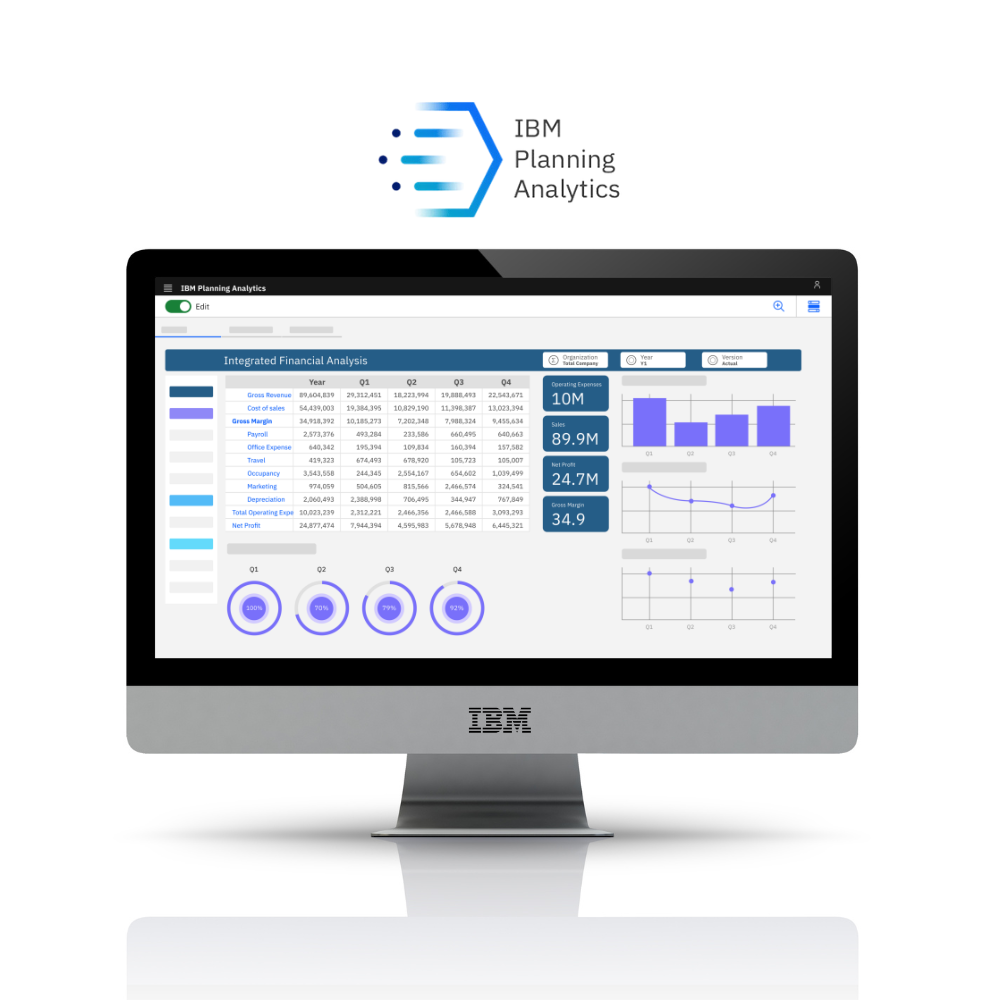- Current context
Businesses learn to budget
planning is a central element of a company's financial management , but in a constantly changing economic environment, it faces increasingly complex challenges . The traditional process , designed to provide maximum accuracy in expected revenues and expenditures, can be time-consuming and inflexible . The quest for consensus and precision can result in considerable delays, so that when the budget is finally approved, it may already be out of date due to rapid market changes. This phenomenon is often referred to as the “budgeting paradox ,” where the need to plan carefully comes into conflict with the reality of a dynamic environment. This is why 70% of companies that currently only use Excel are going WRONG!
In this context, flexibility and agility become just as crucial as precision. Companies must be able to quickly adjust their budgets and financial forecasts in the face of market changes or the emergence of new opportunities. The major challenge lies in choosing the budget planning solution best suited to this changing reality. With the proliferation of tools available and increased demands for efficiency, it becomes essential to select a solution that not only allows you to manage financial forecasts accurately, but also reacts quickly to unforeseen events.
It is with this in mind that we decided to write this article in order to properly support you in choosing your budget planning solution.








